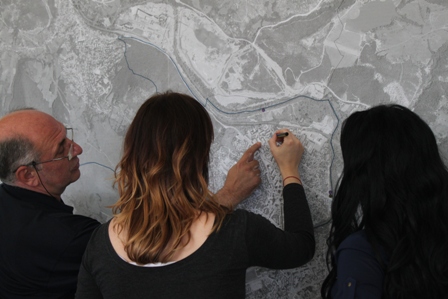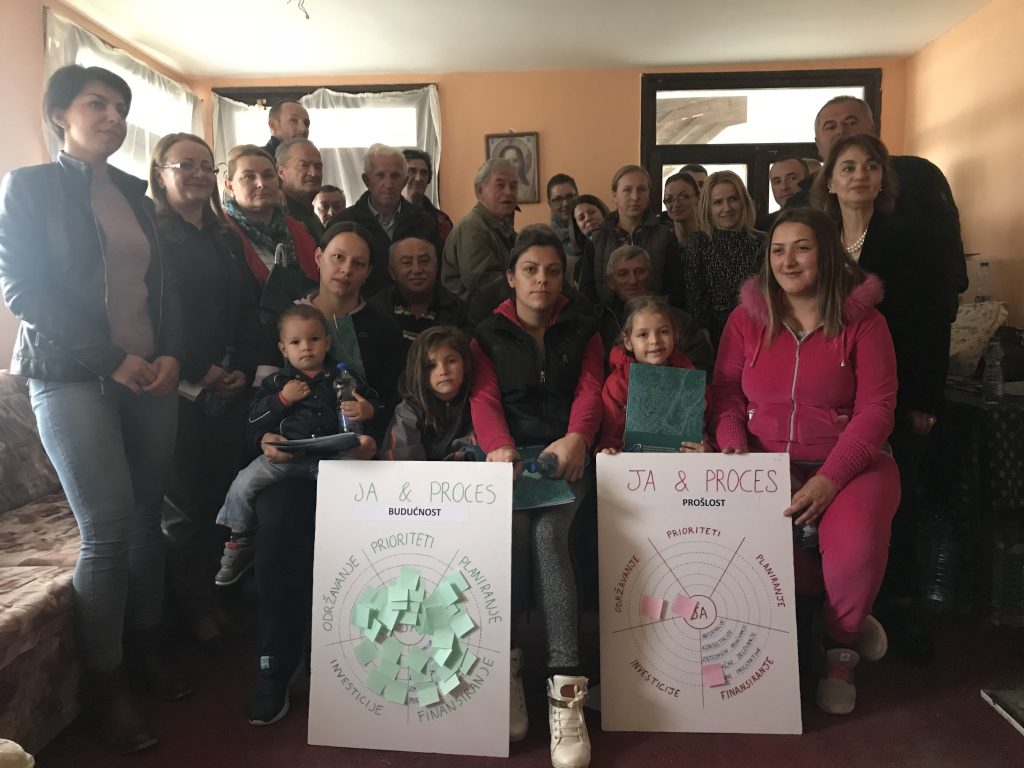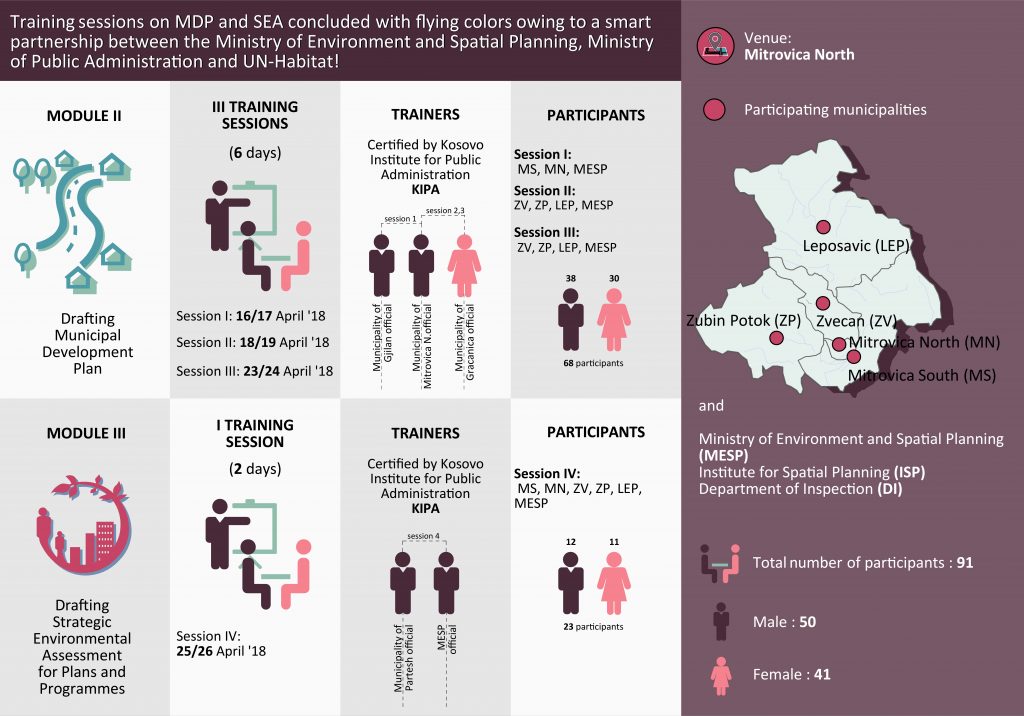- Media Center
 Spatial planning in support of integration and inclusive development in multi-ethnic Kosovo
Spatial planning in support of integration and inclusive development in multi-ethnic Kosovo20/02/2019
The lack of legal and institutional basis for effective and efficient municipal administration; the absence of an inclusive strategic planning framework at regional and municipal levels (the latest municipal development plans are from the 90’s); and the low quality of local democracy and deficient state-citizen relations are key features to portray the northern part of Kosovo.
UN-Habitat and PAX, an international NGO, with the generous support of Sida, teamed-up to support the effective integration of northern municipalities into the broader governance framework of Kosovo as a structural determinant of future stability and inclusive development. Planning processes represent indeed what could be considered the best opportunity since the conflict to strengthen local government transparency, responsiveness, accountability, and legitimacy.
UN-Habitat deployed mixed team of experienced ethnic Albanian planners and ethnic Serb newcomers as well as Citizen Access Advisors in the partner municipalities to build trust with counterparts, roll-out the municipal baseline assessment tools and kick-start spatial planning processes through ‘in-house’ approaches. Initial activities for the drafting of Municipal Development Plans and Strategic Environmental Assessments were implemented, i.e. more than 90 officials emanating from Municipal Planning Teams participated in orientation sessions on Spatial Plans drafting processes; more than 30 officials were trained in ArcGIS. A Spatial and Sectoral Situation Documentation and Assessment was undertaken and generated a solid digital and integrated database that constitutes a precious starting point for drafting Municipal Development Plan. To ensure inclusiveness and conflict-sensitive approaches, Stakeholder Engagement & Citizen Participation Plans are being developed with municipal officials. Plans are now in-the-making, a ‘happening’ since 20 years.
On the civil society front, UN-Habitat’s partner provided support to Mitrovica Region Monitoring Team, a pioneering multi-stakeholder and multi-ethnic body that monitors and reports on the performance of public institutions at local level in northern Kosovo, including trainings on municipal revenue, budgeting and expenditure and advocacy and lobbying for more than 40 CSO staff and activists. A first round of grants for Mitrovica Region NGOs was launched and three projects were granted by the Civil Society Catalytic Fund to organizations working in both Albanian- and Serb-majority municipalities in support of youth employment, gender empowerment for participation in decision-making and monitoring of urbanism departments and of legalization of building processes.
Neighborhood-Based Planning Deliberations exercises to support community mobilization and citizen participation in the development of plans are in the process in areas particularly prone to distrust between residents and local authorities. Community planning in the deprived and socially-mixed area of Mali Zvecan, with community information meeting and four charrettes which already led to definition of vision and objectives for key sectors in their neighborhood, involved about 100 habitants. For the first time, IDPs, refugees, social housing residents and local young families will contribute shaping their communities. With a comprehensive framework encompassing outreach, administration and planning capacities at municipal level, and empowered communities involved in planning and decision-making processes, the programme acts as a catalyst for inclusive development and a more stable multiethnic Kosovo.
For more updates please follow our programme Facebook page




